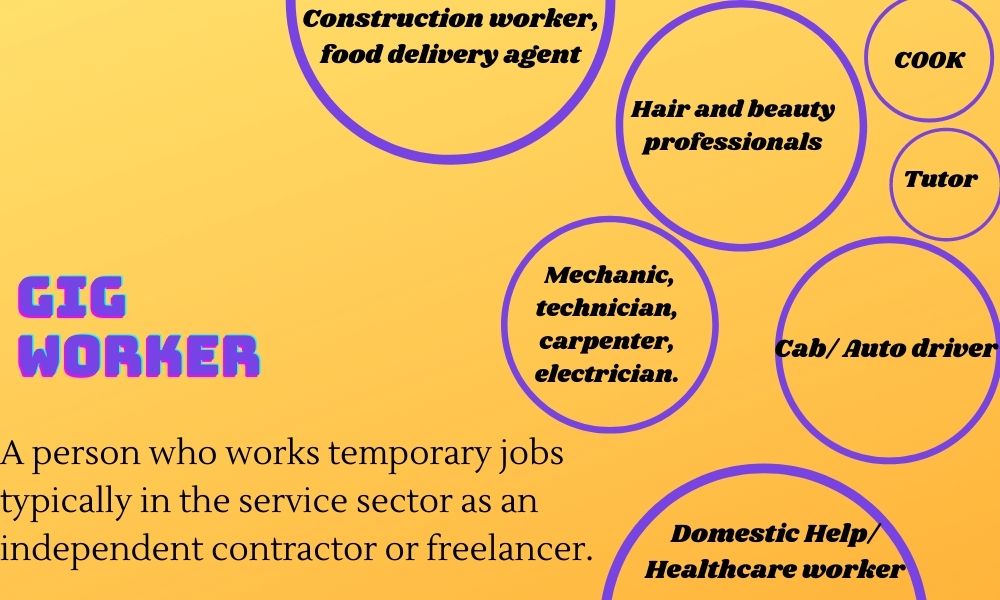With people opting for grooming and household services at their homes, companies seem to ignore the safety of women gig workers.
Aarthi, a gig worker once visited a customer’s house for woman salon services. A man at the house told her that his wife is in the restroom.
”I sat there for half an hour and ran when I did not feel comfortable. I asked the security and got to know there was no woman. I did not call the company because they would have blamed me for not confirming before visiting,” she said.
Despite partner applications for helpline and SOS services provided by the companies, women gig workers worry about their safety while working and commuting.
Nisha, a beauty professional at one of these companies said, “We were promised that the work will be within a 12 km-radius of where I live but the bookings come from very far and the commission does not include travel expenses. Sometimes, I get a booking at six in the evening; a session usually lasts for about four hours. I do not feel safe travelling at night. If there is a road accident or police stop us, the company asks us for a picture of the wound or with the police which is not possible always”
Woman salon category manager at Urban Company said that, “There is a partner app for helpline and a SOS button within the app. If anything happens our team gets on it within minutes. The workers get a medical insurance worth Rs. 50,000 and life insurance of Rs. 3,00,000. All the workers are trained to not visit someone before confirming or if they find something suspicious.”
However, Aarthi said, “There is a very lengthy procedure to get the insurance. We can only get it if we have worked for at least three or four years but I got a compensation of Rs. 3,000 when I was tested COVID positive.”
Shruti Sharada, a policy advisor said, “Gig workers constitute a critical part of these app-based companies and are often looked at as numbers, not people. There is an organisational disconnect between the company and the human resources.”
“Whether the work is gig or full-time, not providing any worker with basic labour rights or safety is fundamentally disrespecting them. These companies avoid legal and moral responsibility because there is little structural protection for gig workers. One big company’s reaction to the concerns of the workers is appalling and shows no humility. Making good policies is important and to be able to understand what workers need shows maturity and responsibility on the part of the company,”
A study analysed the Terms of Use (ToU) and Privacy Policy (PP) for service providers of five platforms that cater to on-demand, low-skilled household services in India and stated that “if the service professional feels unsafe during the course of service delivery, there is no recourse to end the service immediately without facing negative consequences.”
The same study also mentioned that 35 per cent of the women surveyed were disinterested in joining the gig economy due to the lack of job security and uncertain employment status.

Other problems
“I started working in this company when it was not possible for me to work at the salon for the whole day because I had a baby but I realized this is not profitable. We have to purchase the products from the company and they cost more than what we can get from the market. Those products too, if there are any leftovers we have to leave with the customers,” Nisha added.
Fatima, an activist said that while these platforms reap benefits in millions, they care very little about their works beyond paying them just enough to keep them on their toes for their backbreaking services. “At the same time they do not encourage unionization of their workers and provide them unfair contracts,” she added.




